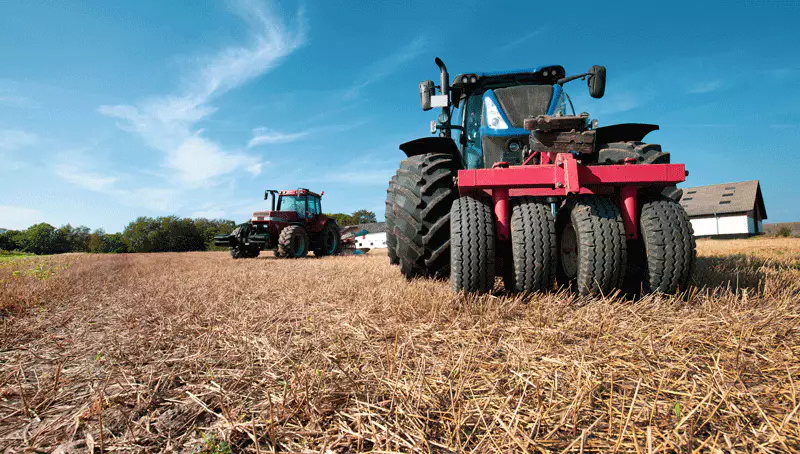Key Impact Points:
- Heinz is pouring millions into developing heat-resistant tomatoes amid extreme weather threatening its ketchup supply.
- Global food security is under pressure as climate change disrupts crops from tomatoes to rice and wheat.
- $140 billion in US crop insurance payouts from 1991-2017 were tied to rising temperatures.
The Challenge
Heinz is facing a new climate reality: its prized tomatoes, grown in California, are under threat as heat waves scorch the region. This year’s heat shattered records, putting the crop’s yield in question. “Some people say 20%,” said Patrick Sheridan, Kraft Heinz’s vice president of global agriculture and sustainability, referencing the minority of crops exposed to heat during the critical fruit set period. But uncertainty lingers, he added: “Others say no one knows.”
California’s July heat was extreme, with climate scientist Daniel Swain describing it as “remarkable not only for its sheer intensity… but also for its duration,” with temperatures frequently surpassing 100°F (38°C). The harvest, currently underway, won’t conclude until mid-October, at which point Kraft Heinz researchers will gauge the full extent of the damage.
The Response
At HeinzSeed, the company’s research hub in California, millions of dollars are being invested to develop tomatoes that can thrive in these increasingly harsh conditions. These specialized ketchup tomatoes are crucial due to their low juice content, vibrant red color, and perfect consistency — all achieved without artificial coloring. As Sheridan explains, the focus is now on “resilience, heat, water stress, and soil salinity.”
Back in 2007, the company was already considering ways to cope with rising prices for high-fructose corn syrup, even exploring the idea of creating a naturally sweeter tomato. But today, the challenge is much bigger: adapting to climate change and ensuring the stability of future tomato harvests.
Global Perspective
The climate crisis is reshaping global food security, with tomatoes being just one of many crops under threat. In India, a lack of affordable refrigeration means that nearly 80 million tons of food are wasted at the retail and consumer levels, a problem set to worsen as climate change increases the number of excessively hot days in South Asia. Meanwhile, in China, extreme heat is damaging rice crops, and in Morocco, searing temperatures are fueling a projected 2.5 billion-ton shortfall in wheat production.
The Stakes
Climate change is driving an urgent food security crisis worldwide. From the crops Heinz depends on for ketchup to vital staples like rice and wheat, agriculture is in a precarious position. Insuring against these risks is becoming a major focus. According to researchers at Stanford University, $140 billion in US crop insurance payouts between 1991 and 2017 were tied to rising temperatures.
To mitigate climate impact, sustainable food choices are also essential. “You don’t have to become a vegan to have a big impact on your carbon footprint. You just have to swap out beef,” said Diego Rose, director of the nutrition program at Tulane University.

 Follow SDG News on LinkedIn
Follow SDG News on LinkedIn











